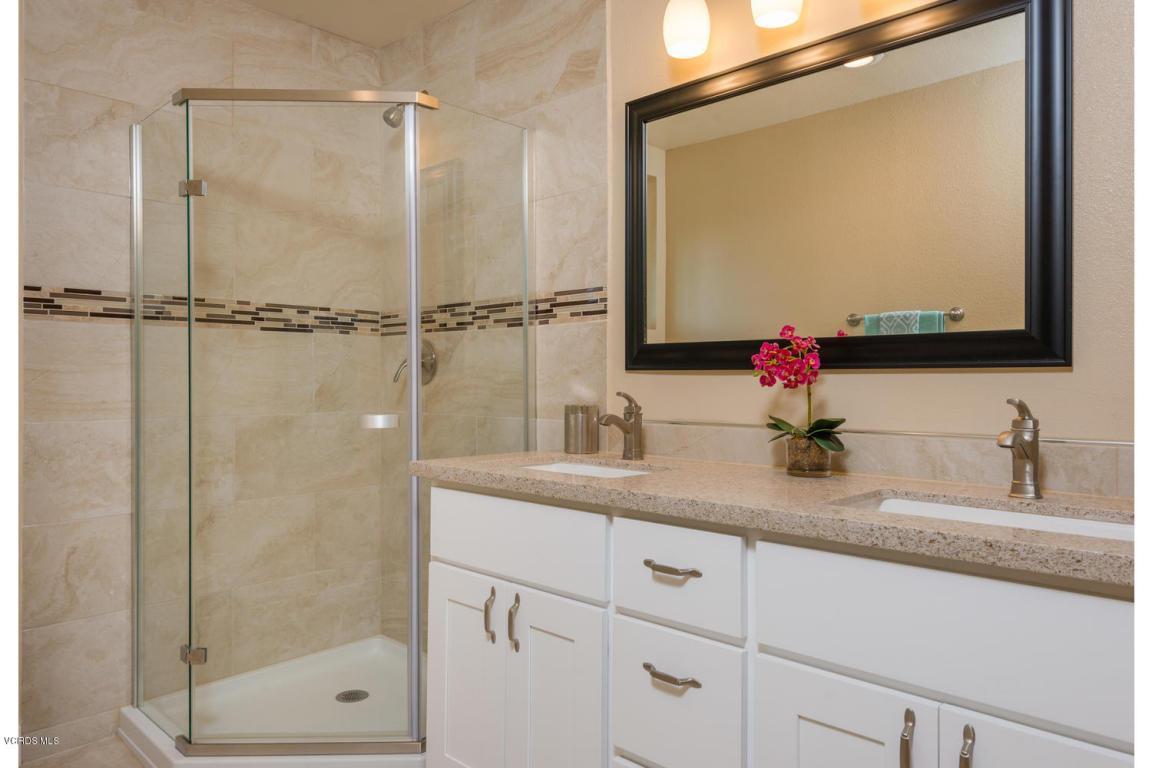Look Out for These Hidden Costs When Remodeling Your Bathroom

Avoid unpleasant surprises during your bathroom renovation by paying attention to these key details
Bathrooms are often the smallest rooms in the house, yet remodeling them usually involves almost every trade, from plumbers to tilers and painters to plasterers. There are so many people to manage that the key to getting it right and staying on budget is organization.
The more organized you can be, the less likely it is that you’ll incur additional costs. Small projects sometimes can drag on, so to ensure your builder and crew are out of your hair as swiftly as possible, try to purchase everything before they start. This will ensure all goods are delivered as soon as they’re needed on-site, avoiding unnecessary delays and cost overruns.
Think about the details you’d like to include and discuss them before work begins. For example, if you want a recess in your shower to hold shampoo and body wash, be clear about this from the outset, as it will be difficult and costly to install after your tiler has started.
Removal of Existing Fixtures
It’s important to establish before work commences who will be responsible for getting rid of the existing bathroom fixtures, hardware, and finishes. If your builder has agreed to take care of this, make sure it’s included in the quote. If it isn’t included, you’ll need to budget for disposing of the items yourself.
Unforeseen Structural Problems
It’s hard to get a handle on the full extent of the work until everything has been stripped out. Depending on the age of your home and its general condition, you might have to spend a lot on fixing or preparing your walls and floor.
For example, once the original floor finishes have been removed, you may find the surface isn’t perfectly even. To level it, your builder will have to lay a special compound or screed, and a change in floor level might even lead to doors having to be adjusted. Unforeseen extras such as these will add to the cost.
Custom Cabinetry
Anything that needs to be custom-made is going to be more expensive than an off-the-shelf version. Unusually shaped shower walls or custom cabinetry, for example, will add to your renovation cost.
Custom-made items may also have a longer lead time, so it’s important to flag this with your builder and subcontractors early on to make sure there are no time delays.
Inadequate Supplies
A common pitfall when renovating a bathroom is not ordering enough tiles. This can cause delays, particularly if the tiles aren’t stock items and have to be ordered.
Calculate the floor and wall areas separately and allow a minimum of 10% extra for wastage. When getting a quote for tiles, make sure the supplier includes grout, adhesive, and tile trims, as these can add an unwelcome extra cost once you’ve committed to a particular design.
Electrical Changes
If you’re planning layout changes to your bathroom, you’ll probably have to relocate lights and possibly light switches and power points, so it’s important you don’t forget the cost of rewiring. If you’re having anything electrical added or changed, you’re going to have to get an electrician in to upgrade the wiring.
This might be as simple a change as adding in a new electrical outlet, or as complicated as installing new light fixtures on separate circuits. For example, it works well to have overhead lighting on one circuit and ambient cabinet or wall lighting on another. The cost for this kind of work will depend on the complexity of what’s involved.
Hot Water System
When you’re choosing a hot water system, make sure you understand what you’re getting and where it’s going to be located. Are you going for a continuous-flow system or a storage system that heats and stores hot water?
Most hot water systems make noise, but some are a lot louder than others, so you might want to think about where you’re locating yours. If you’re doing a larger renovation and can decide on where to put your hot water heater, it’s worth locating it away from the bedrooms. All of these decisions will have a bearing on costs.
Shared blog from Houzz -https://www.houzz.com/magazine/look-out-for-these-hidden-costs-when-remodeling-your-bathroom-stsetivw-vs~152696105